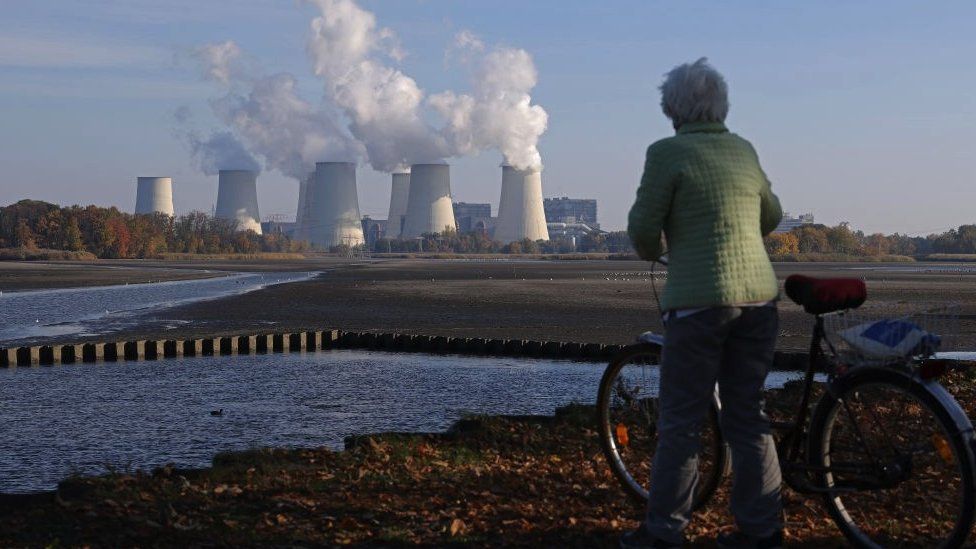-

-
-
Loading

Loading

Forecasters are predicting that the world is about to achieve a significant milestone by reaching "peak" fossil fuels, which means that the maximum usage of coal, oil, and gas has been reached and demand will begin to decline. While this achievement is worth celebrating, it also raises important questions about how quickly the transition to a clean energy system will happen and whether we will address climate change in time. The recent UN climate conference in Dubai highlighted the urgency of this issue. The International Energy Agency (IEA) predicts that global fossil fuel use will peak in 2025, even without any new climate policies. This is considered a historic turning point according to the IEA's Executive Director, Fatih Birol. Energy plays a crucial role in the global economy, as explained by Vaclav Smil, an academic and energy expert. However, Smil is skeptical about how easily we can wean ourselves off fossil fuels, given their widespread use in various industries. Energy is at the core of everything we do, and the switch to fossil fuels during the industrial revolution has led to unprecedented economic growth and improved living conditions. While renewable energy sources like wind and solar have been growing rapidly, they still only account for a small percentage of global energy supply. The main reason for reaching peak fossil fuel use is not the increase in renewables, but rather the growing efficiency in various sectors, which reduces energy demand. Chris Stark, the head of the UK's Climate Change Committee, believes that electrifying everything will lead to greater efficiency and reduced energy demand. Stark highlights the cost-effectiveness of renewable energy compared to fossil fuels and emphasizes that private investment can drive the transition to clean energy. However, upfront costs remain a challenge for poorer countries. Efforts are being made to address this by driving down interest rates and attracting investment in renewable energy projects. The International Energy Agency predicts that the share of fossil fuels in global energy supply will decline to 73% by 2030. Despite progress, the urgency of addressing climate change remains, and it is crucial to transition to clean energy as soon as possible.